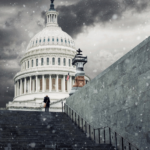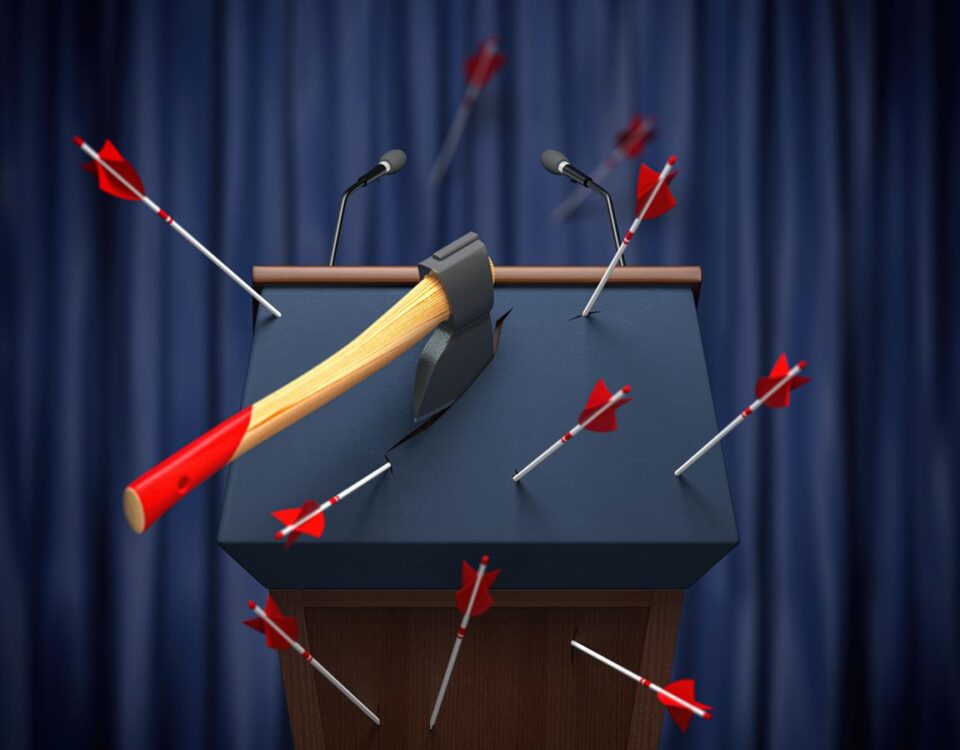Jeffrey Sachs, a prominent economist and public intellectual, has offered a nuanced and controversial perspective on the origins of the Ukrainian war. His analysis revolves around the role of the West, particularly the United States, in shaping the geopolitical dynamics that eventually led to the Russian invasion of Ukraine in 2022. Sachs argues that the current conflict is the result of a series of broken promises and misguided policies initiated by the West after the collapse of the Soviet Union, which he believes provoked Russia into its aggressive actions.
A pivotal moment in this chain of events, according to Sachs, is the 1994 Budapest Memorandum. Under President Bill Clinton, Ukraine agreed to give up its nuclear weapons, which had been left on its soil after the dissolution of the Soviet Union. In exchange for relinquishing its arsenal, Ukraine was promised security assurances from major powers, including the United States, Russia, and the United Kingdom. These assurances were intended to provide Ukraine with a sense of security in a rapidly changing post-Soviet world. However, Sachs contends that these promises were ultimately hollow, as the West failed to follow through on its commitments to Ukraine’s security.
Sachs argues that the United States and its allies did not fully respect Ukraine’s sovereignty in the years that followed. Instead, they increasingly encroached on Russia’s borders through NATO expansion, a process that began in the 1990s and has continued into the 21st century. Despite assurances given to Russia by Western leaders and most notably by U.S. Secretary of State James Baker in 1990 that said that NATO would not expand “one inch eastward” beyond Germany, the reality was very different. NATO’s expansion, which saw former Soviet bloc countries and Warsaw Pact members such as Poland, Hungary, and the Czech Republic join the alliance, was perceived by Russia as a betrayal of the promises made by the West.
For Sachs, the key issue lies in the way the West has handled Russia’s security concerns. The expansion of NATO was seen by Russian leadership as an existential threat. From their perspective, having a military alliance on their doorstep, particularly one that includes countries with deep historical ties to Russia, is intolerable. As NATO expanded further into Eastern Europe, including the potential inclusion of Ukraine, Russia’s fears deepened, particularly under the leadership of Vladimir Putin. Sachs argues that these actions were provocative and, in his view, directly contributed to the rise of tension and ultimately the war in Ukraine.
In the years leading up to the invasion of Ukraine, Sachs claims that the West failed to address Russia’s concerns diplomatically. Instead of engaging in meaningful dialogue or respecting the delicate balance of power in the region, the U.S. and its NATO allies continued to push eastward. This policy of encroachment, according to Sachs, was exacerbated by misleading narratives from Western media and political elites, who framed Russia’s actions as inexplicable or unjustified aggression rather than a reaction to perceived threats.
Sachs argues that the media and political discourse in the West have distorted the situation, often labeling those who question the West’s policies as “pro-Russia” or sympathetic to Putin. He believes this oversimplification has prevented a deeper and more honest discussion about the role of the U.S. and its allies in contributing to the crisis. The term “pro-Russia” is used to shut down any critical analysis of Western actions, particularly in the media, and to prevent a broader discussion about the causes of the war. According to Sachs, this framing of the conflict ignores the legitimate security concerns of Russia and fails to understand the broader geopolitical context.
In conclusion, Sachs argues that the West, through its actions in the post-Soviet period and particularly its treatment of Ukraine’s nuclear disarmament, the failure to uphold security guarantees, and the expansion of NATO has played a central role in causing the war in Ukraine. By focusing solely on Russia’s aggression and framing any dissenting views as “pro-Russia,” the media and political establishment in the West have obscured the true nature of the conflict and the role of Western policies in provoking it. Sachs’ view challenges the dominant narrative and calls for a more honest and reflective approach to understanding the causes of the Ukrainian war. If you listen to America’s dishonest Democrat-State-run legacy media you would never even know there is another way of looking at the war.
C. Rich








